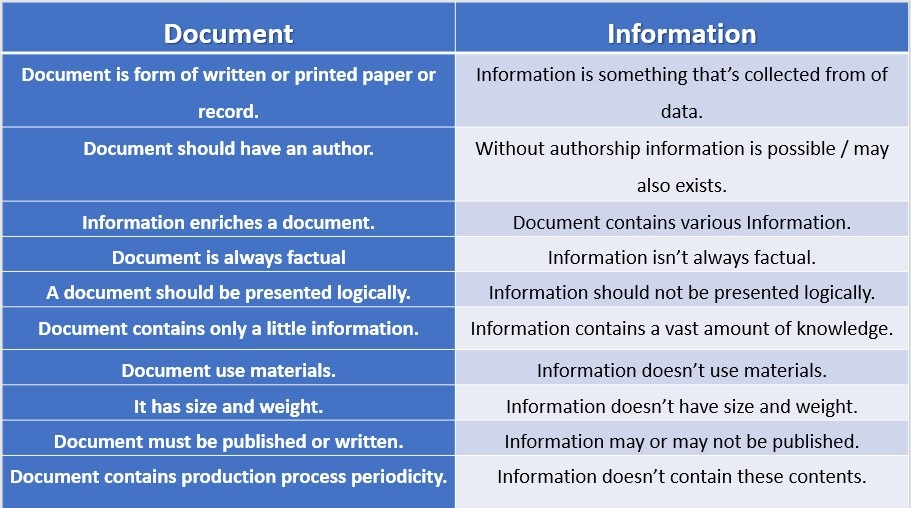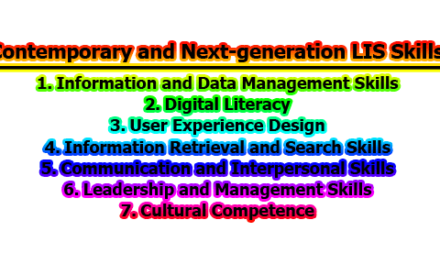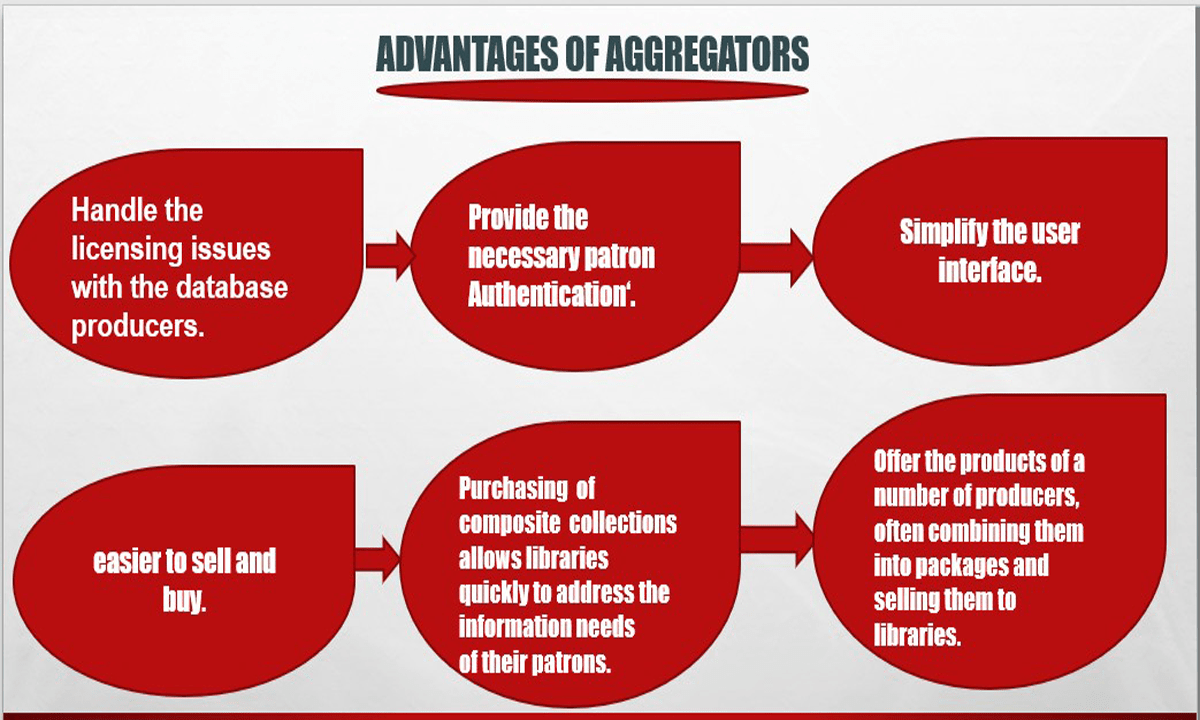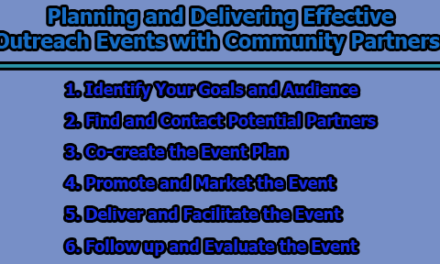Concept of Organizational Learning:
In the ever-changing business world, any organization, whether in the business or service sector, must have the ability, intention, and preparation for the change in order for it to gain competitive advantages. This requires all people in the organization to be adaptive, who need to nurture in themselves the eagerness to continually learn so they can get their behavior changed. These people would transform their organization into a learning organization and endeavor to continue its learning process in the days to come to prove that a “successful organization is a learning organization”. In this article, we are going to discuss the concept of organizational learning, its meaning, and the nature of learning organization.
In the context of an organization, when individual learning is disseminated among all individual members of the organization and all collectively share it, organizational learning emerges.
Organizational learning can be defined as a learning process through social interactions at the group and organizational levels. Through organizational learning “whole organizations or their components adapt to changing environments by generating and selectively adopting organizational routines”. That means that organizational learning has as a consequence an increased level of organizational knowledge, which is able to generate new changes in the organization.
Fiol & Lyles defined organizational learning as ‘the process of improving actions through better knowledge and understanding.’
Chris Argyris defined Organizational learning as a process of detecting an error and correcting it.
Organizational learning is the ability of an organization to gain insight and understanding from experience through experimentation, observation, analysis, and a willingness to examine both successes and failures.
The concept of organizational learning can be thought of as the process of moving through four stages of learning:
- Unconscious incompetence: You didn’t know that you don’t know.
- Conscious incompetence: You realize that you don’t know.
- Conscious competence: You learn to do, but with conscious effort.
- Unconscious competence: Performance comes effortlessly (easily).
According to G.P. Huber, Organization learning is the assemblage of knowledge acquisition, information dissemination, information interpretation, and organization memory.
Based on the ideas above, we attempt to define organizational learning as the process of acquiring new knowledge and values, commonly shared by all members of the organization, leading to change in behaviors that result in improved problem-solving ability and capacity for action.
Organizational learning and continuous improvement are just like the two sides of a coin. Therefore, they need to be a regular part of daily work.
Meaning and Nature of Learning Organization:
The term learning organization has been popularized by Peter Senge who describes a learning organization as “a group of people continually enhancing their capacity to create what they want to create”.
A learning organization consists of people who work together, create and disseminate new ideas and information collectively, use new knowledge and operational processes to achieve organizational goals, have a collective philosophy of predicting and responding to environmental change, and create a culture of collective learning.
The relationship between organizational learning and learning organization is that Organizational Learning is the process taking place in the organization, and the Learning Organization is the context (framework) where learning takes place.

Library Lecturer at Nurul Amin Degree College










